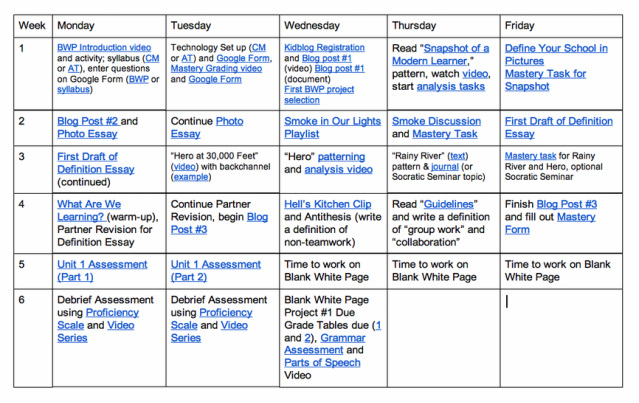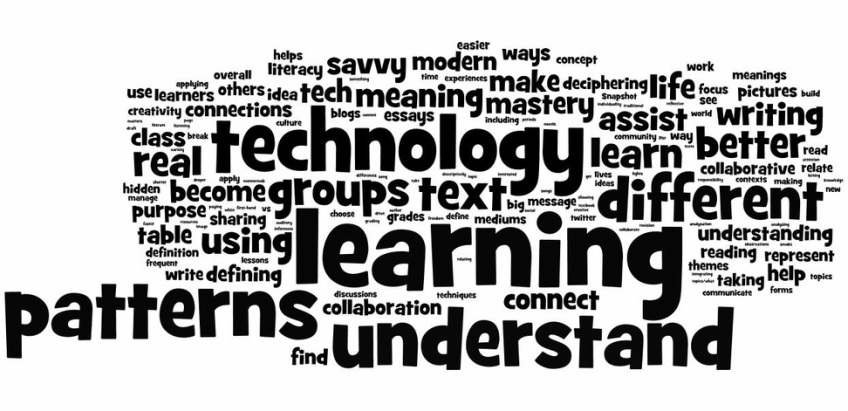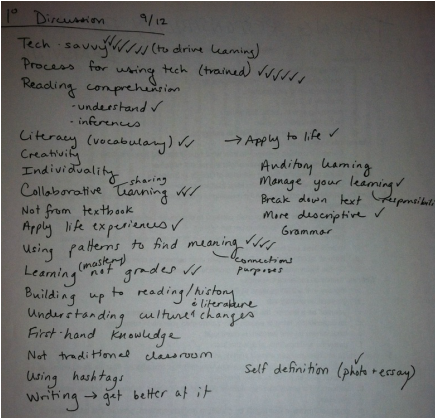Right now, I have a full class in the computer lab. They are all working. Every one of them. Considering what text to use, preparing presentation notes, writing questions that will engage discussion, and preparing the assessment that will judge whether or not they presented effectively.
And that's the issue that came up at the start of class.
One of my students asked: "Do we have to make this about humour?"
My immediate reaction was no, because humour can be drawn from nearly every subject. But then I realised: I shouldn't be the one answering the questions.
If the students are truly taking responsibility, they need to decide on the answer to that question. It sparked a debate, where they finally decided that, so long as it was different enough from what we've done so far, they could have a broad mandate as to potential topics.
Then I reminded them that they would be the ones assessing each other. So the discussion transitioned into being about how they would do that in a fair and equitable way. At first, they were scared.
Would I override the students, should their grade not be fair?
What if their presentation was intended to be funny but wasn't - would they fail?
What if they aren't confident presenters? Would that matter?
So I just kept turning the conversation over to them. I told them I had no intention of overriding grades, unless something went really, really wrong. And that I didn't expect that to happen.
As we continued to talk about how they should assess each other, I realised something I should have done from the beginning:
They need to write the rubric.
Here's what they said about how to assess these activities:
- Grades can't be based on whether or not it's funny.
- Grades should in part be about authentic passion towards and effort to clearly communicate the subject
- Grades should measure what the audience learned, not what the group thought they were teaching
It was one of those moments you don't believe actually happened. Did my students just articulate clearly the philosophy that Andrew and I set out to implement? Where the letter grade was far less important than the amount they learned, and where the motivation for learning would be student-driven, not teacher-driven. Where they were graded on mastery, not completion.
On Thursday, they will write their rubric and we'll make final decisions about how that all works.
I know a lot of good teachers who would have realised all of this a lot sooner - they would have immediately asked students to develop a rubric, manage discussion, sign up for presentations, etc. But I'm new at this. I ran a more traditional teacher-centred classroom for a long time, and the times I tried to get my students to take responsibility for their learning were spectacular failures.
Flipping my class gave me the tools, the equation, the alchemy of collaboration - and that allowed me to change my class entirely, to the point that my students can run nearly a month's worth of class sessions on their own.
My job is to sit back and get out of their way.
And you know what's most exciting?
I get to learn from them.





 RSS Feed
RSS Feed
